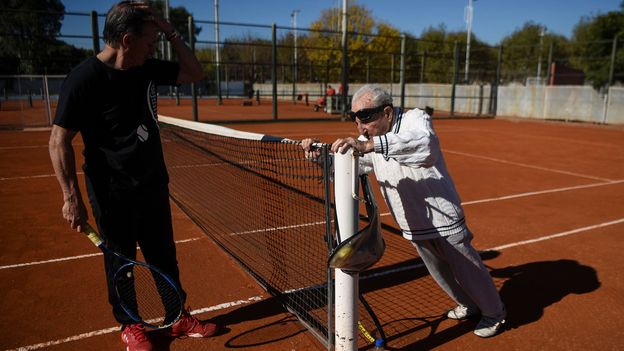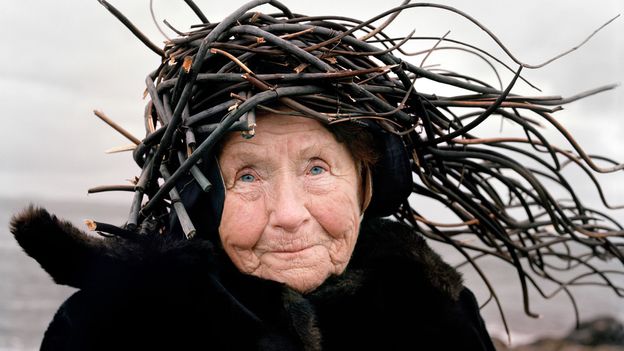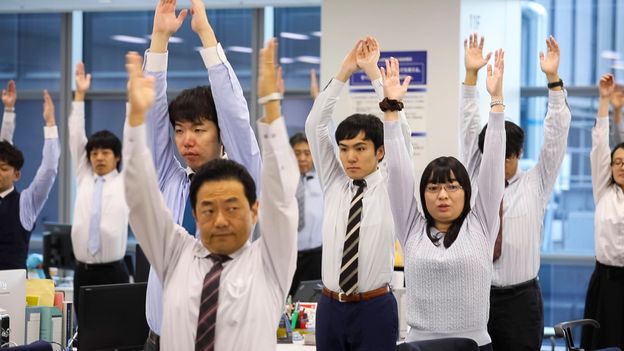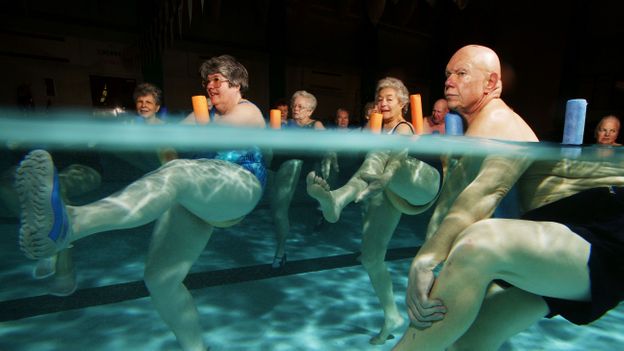“We don’t have a compulsory retirement age anymore in the UK, but if you take the higher education sector you have people continuing to lecture well into their 70s,” says Jane Falkingham, a gerontologist and director of the Centre of Population Change at the University of Southampton. “I think the oldest professor we have in my faculty is in their mid-70s. But of course academia is quite a nice life.”
For Frankland, continuing to work was a practical decision – though he is clearly passionate about his subject. “I used to be a manic gardener, but now I can’t do that,” says Frankland. “All the things that I used to do, at the age of 106, I cannot do. So what is left? I do quite a lot of reading, mostly scientific stuff rather than novels or anything like that.”
At Forties People, there’s no real pattern to the roles that they recruit for, though most are office-based. “We’ve had three press companies phone us in the last few weeks,” he says. After trying to recruit younger receptionists and HR staff and finding them to be unreliable, they had decided to try older workers who can prioritise their jobs.
For people with more physically demanding jobs, continuing work is more of a challenge. But this might not always be the case. “Technology is changing the work that we do,” says Falkingham. “So actually some of the more manual jobs in terms of hard labour are being done by machines. It’s changing the nature of work, which will facilitate people working longer as well.”
So will most people be well enough?
In fact, most centenarians are surprisingly healthy. They might have more wrinkles than a naked mole rat, but on the inside, they’re often in better shape than much younger pensioners. One recent study found that they tend to suffer from fewer diseases than those who are up to two decades younger.
They’re not doing badly mentally either. While it’s true that some abilities decline as we age, so-called “crystallised intelligence” – the skills and knowledge we’ve built up over the years – continues maturing well into later life. Back in 2016, scientists examined the health and abilities of centenarians who had registered to vote in New York and found that they showed very few signs of senility and were, overall, functioning at a remarkably high level.
And while retiring early is generally thought to be better for your health, in some circumstances giving up work might achieve the opposite. One study of blue collar workers in Austria found that men who retired three and a half years early were 13% more likely to die by the age of 67 – particularly if they were single, lonely and used it as an opportunity to reduce their physical activity.
South-west of Japan’s main islands, in the East China Sea, is a tropical outpost that seems to back this up. Okinawa is famed for its high proportion of centenarians; it’s been estimated that roughly one in every 2,000 people there are over the age of 100.
Over the years, researchers studying this remarkable place have noticed several aspects of the Okinawan lifestyle that might explain their longevity. These include eating lots of vegetables and fewer calories overall than the average American – but also their attitude to work.
There is no word for “retirement” in the Okinawan language; the locals, many of whom grew up as farmers and fisherpeople, may carry on working until they die. Elderly residents live by the principle of “ikigai”, which is loosely translated as “having a reason to get up in the morning”. Predictably, the island boasts the world’s only “centenarian” pop band. KBG84 has played a sell-out Japanese tour and only accepts members over the age of 80.












